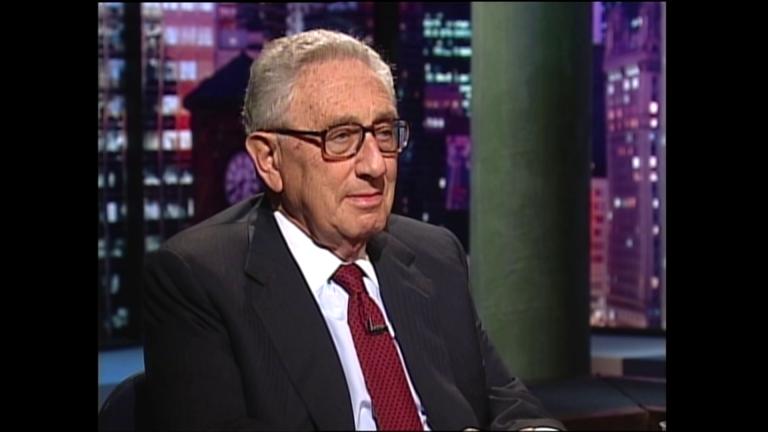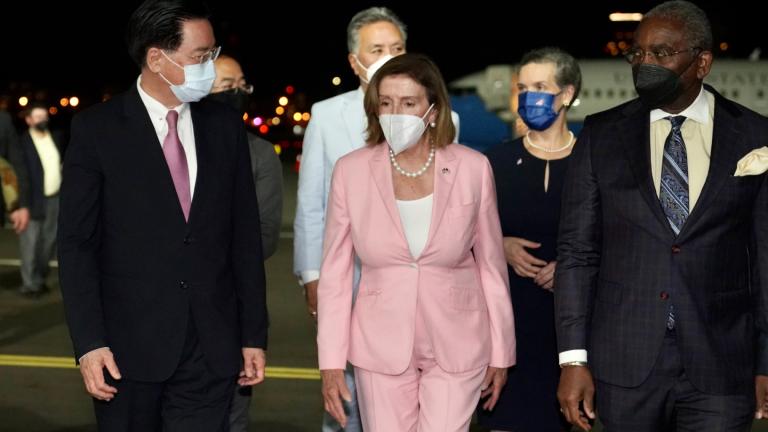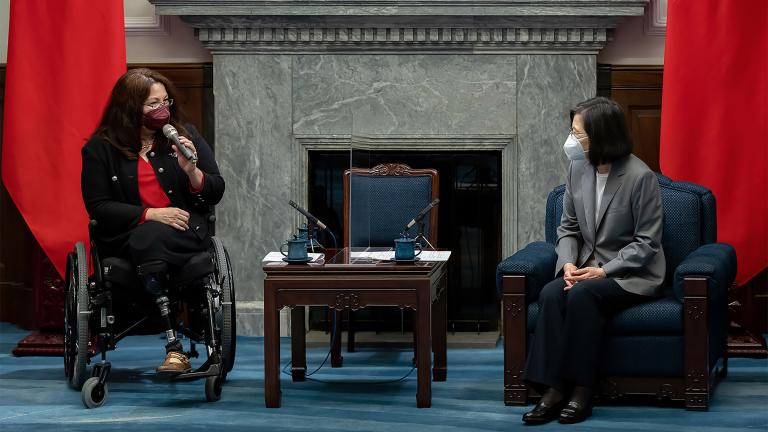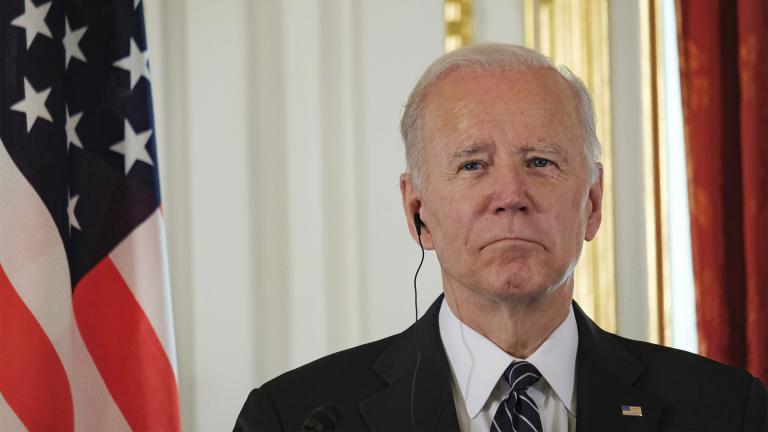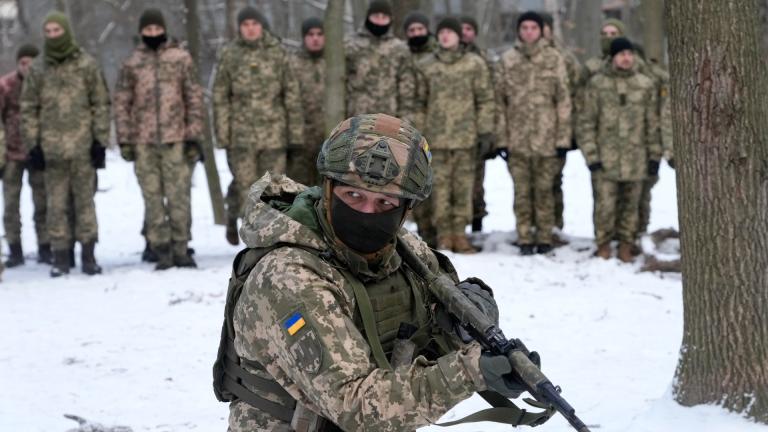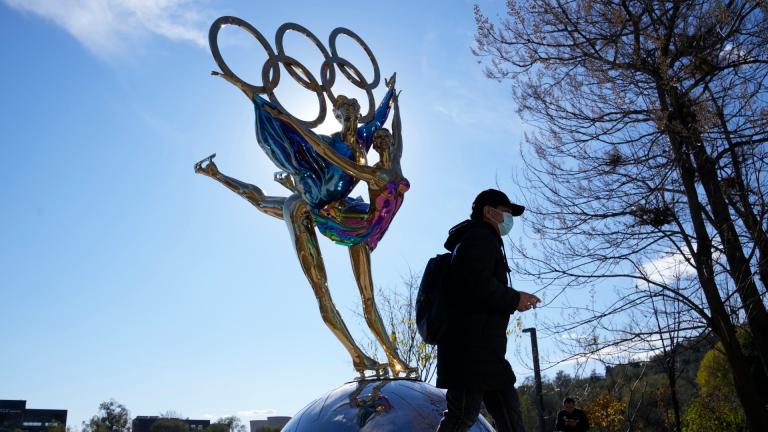Earlier this month, North Korea claimed to have successfully detonated its first hydrogen bomb as a "self-defense against the U.S."
While it was known that the secretive, totalitarian dictatorship had atomic weapons, the assertion to have successfully tested a far more powerful hydrogen bomb has been greeted with skepticism.
A Jan. 3 statement released by the North Korean government titled "Success in First H-bomb Test" reads in part:
The spectacular success made by the DPRK in the H‐bomb test is a great deed of history, a historic event of national significance as it surely guarantees the eternal future of the nation ... The test means a higher stage of the DPRK's development of nuclear force.
So what was behind this latest test and just how much insight do we really have into what is going on in this most secretive and isolated of states?
Joining us to share his insights on the latest developments is Karl Friedhoff, a specialist in foreign policy and public opinion at the Chicago Council on Global Affairs who returned to the U.S. last year after living for 13 years in South Korea.
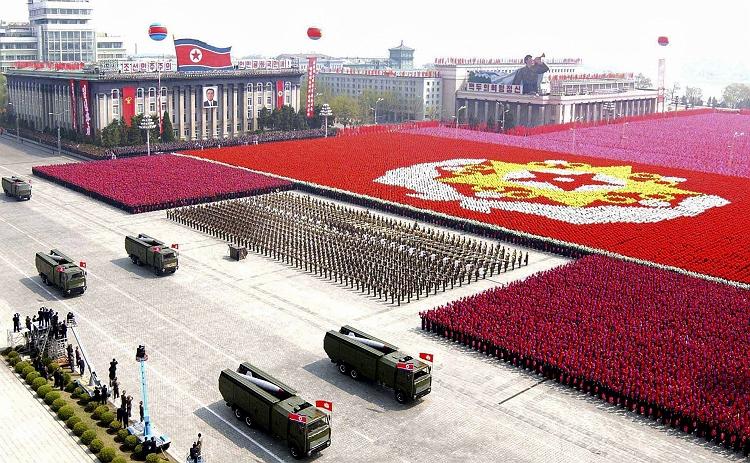 (babeltravel / Flickr)
(babeltravel / Flickr)
"Chicago Tonight" spoke with Friedhoff Tuesday afternoon by phone, prior to the on-air interview. Below, some highlights from the discussion.
What do you think North Korea was trying to accomplish with its 'hydrogen' bomb test?
Karl Friedhoff: To me it looks like they’re working internally on the science. Reading more into it than that—some people say it’s a message to China, some say it’s a message to the U.S.—I’m not quite sure I buy into any of that. I often think that North Korea has its own timeline and we as external observers, we try to assign reasoning to that.
What do we know of North Korea’s nuclear capabilities?
KF: There’s quite a bit of debate on that. No one is really sure quite how many weapons they actually have. They estimate that there is probably enough material to have 20 nuclear weapons or thereabouts. The real question is whether or not they can mount that on top of an ICBM [intercontinental ballistic missile] and thus bring into range the western U.S. I think right now the range is estimated to be Alaska-ish, but that the rest of the Unites States is out of range, so there is still work to be done on the ICBM side. But this looks like it is a boosted bomb rather than an outright hydrogen bomb test and it all comes down to miniaturization.
What do you mean by a 'boosted' bomb?
KF: There’s a difference between a thermonuclear—which is a hydrogen bomb—and boosted. In a boosted bomb they insert a small amount of a hydrogen isotope and by including that it allows for more neutrons to be released and it gives you a higher-yield with a lower amount of fissile material. That looks like what the test probably was.
North Korea has been calling for a peace treaty with the U.S. Why hasn’t a peace treaty been concluded since hostilities, for the most part, ended more than 60 years ago?
KF: Neither side was ever able to come to terms on a peace treaty so they settled on this armistice. If you look at the troop deployments in South Korea they are based on the UNCF [United Nations Combined Forces] command. If you do end up signing a peace treaty then the question becomes what happens to those troops, because the only reason that those U.S. troops and the United Nations command is there is because it’s an armistice.
So this looks like a strategic play by North Korea. If they go and ask for a peace treaty then the follow-up is that now we have a peace treaty, then all of those troops leave the peninsula. And of course from the U.S. side, if you have a negotiating partner who you know will sign a deal and then go back on that deal, which North Korea has done many times before, then why would you trust them now with one of the more important core questions to the peninsula.
How much influence does China have over North Korea?
KF: We tend to think that they have a lot and China always says that they don’t have much at all. The truth is somewhere in the middle. China says it wants to de-nuclearize the Korean Peninsula and they always say the peninsula, not North Korea—and that’s actually an important point—so the South Koreans are always upset about that.
I think China’s real influence is actually quite large and when China says it doesn’t have much, what it is really saying is that it doesn’t want to use it. Especially now with volatility in China’s economy the last thing it wants is to create instability in the northeast regions. And if it were really to bring the hammer down on North Korea that is what it would do with a flood of North Korean immigrants going into the northeast of China.
If you were Secretary of State, what would you want to see as U.S. policy toward North Korea?
KF: Given the history and the history of negotiations, I don’t believe that North Korea is a good-faith negotiating partner. It has repeatedly signed agreements and then reneged on them. I think that at this point the U.S. really needs to make a decision one way or the other. But if I were Secretary of State I would far prefer that we really clamp down on sanctions and really go for isolation. This is highly opposed by people who prefer engagement, but I think if we were really to do that we would see changes, we would see them immediately, and then we would have a North Korea that takes U.S. policy and negotiations seriously. And by doing that I think China would also step-up and perhaps use its pressure on North Korea.
How would you characterize Kim Jong Un as a leader?
KF: There was an op-ed in the New York Times that had the title along the lines of ‘Kim Jong Un Is Not Crazy.' The fact that we are even talking about him in those terms shows how far the misunderstanding is about North Korea as a whole. The general population in the U.S still thinks of North Korea as a crazy country under crazy leadership. And so far, I don’t think that’s the case. If you look at his leadership, he was put in as a 30-year-old to lead a country that is certainly one of the most sequestered nations on Earth, and so far he’s been able to advance the core of the nuclear program. The economy is growing slowly, but it is growing. So overall, you can disagree with what he’s done and how he’s done it but in the end he’s been able to maintain power and stabilize the country.
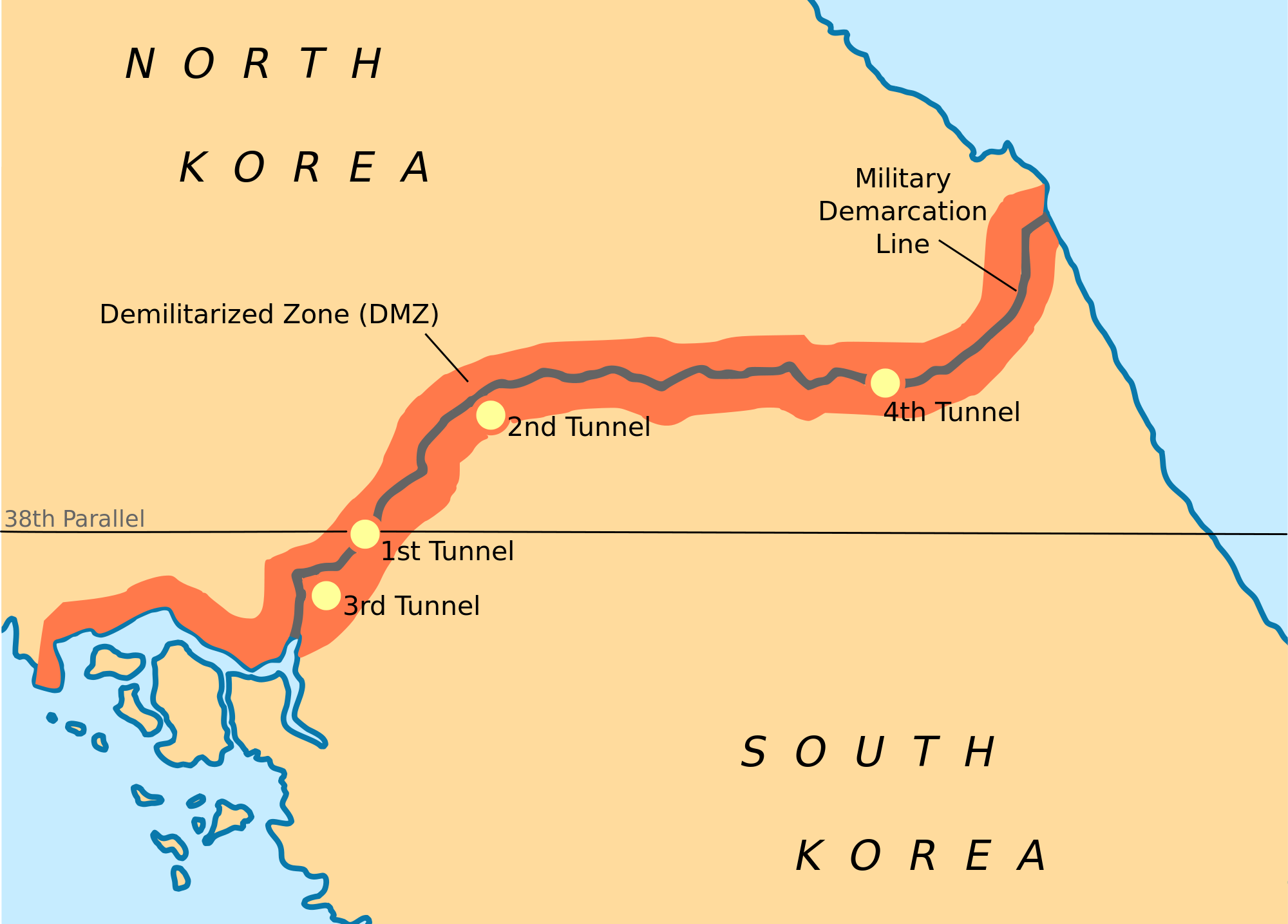 (Rishabh Tatiraju / Wikimedia)
(Rishabh Tatiraju / Wikimedia)
The division of the Korean Peninsula and the rise of Kim Jong Un
Known formally as the Democratic People's Republic of Korea (DPRK) since 1948, North Korea describes itself on its website as “an independent socialist state” with “a people-centred social system.”
Following North Korea’s 1950 invasion of neighboring South Korea, the two divided nations fought each other relentlessly during the Korean War until the Korean Armistice Agreement was signed on July 27, 1953. The armistice resulted in a cease-fire between military forces on the Korean Peninsula, but with no government agreement and no official peace treaty in place, the Korean War never officially ended and technically still continues today.
As part of the agreement, the Demilitarized Zone (DMZ) was established across the peninsula, dividing North and South Korea roughly along the 38th parallel.
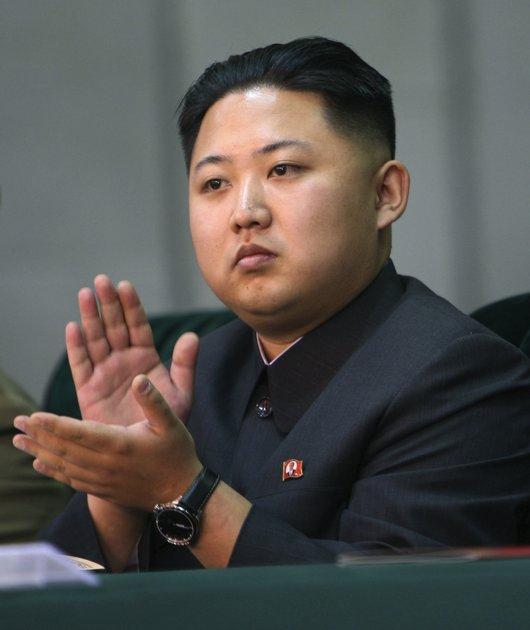 Kim Jong Un (Bonhomme Richard / Flickr)
North Korea’s current leader, Kim Jong Un, came into power in 2011 with a background that appears to be shrouded in mystery—including the year of his birth.
Kim Jong Un (Bonhomme Richard / Flickr)
North Korea’s current leader, Kim Jong Un, came into power in 2011 with a background that appears to be shrouded in mystery—including the year of his birth.
Here's what we do know: Kim Jong Un was born with dictatorship in his blood.
The youngest son of former North Korean president and self-proclaimed “Great Leader” Kim Jong Il, Kim Jong Un's grandfather—and father’s predecessor—Kim Il Sung, led the country for 46 years from the time of its establishment in 1948 until his death in 1994.
Educated in Switzerland along with his older full brother Kim Jong Chol and half-brother Kim Jong Nam, Kim Jong Un was named to North Korea’s National Defense Commission in April 2009 and then later promoted in September 2010 to four-star general and vice chairman of the Central Military Commission and the Central Committee of the Workers' Party of Korea.
Immediately following the death of his father Kim Jong Il in December 2011, Kim Jong Un took over as head of the party, state and army, and was appointed to the highest military ranking of marshal in July 2012 to complete his succession to power.
Since assuming power in 2011, Kim has garnered international headlines for executing several North Korean officials, including the famous execution of his own uncle, Chang Song Thaek, in December 2013.
With Kim’s claim that a hydrogen bomb was successfully tested earlier this month, there have now been four known nuclear weapons tests conducted in the secretive state.
In his "2016 New Year Address," Kim calls the reunification of North and South Korea “the most pressing and vital task facing the nation” and continues to claim that division on the Korean peninsula is the result of “outside forces.”

